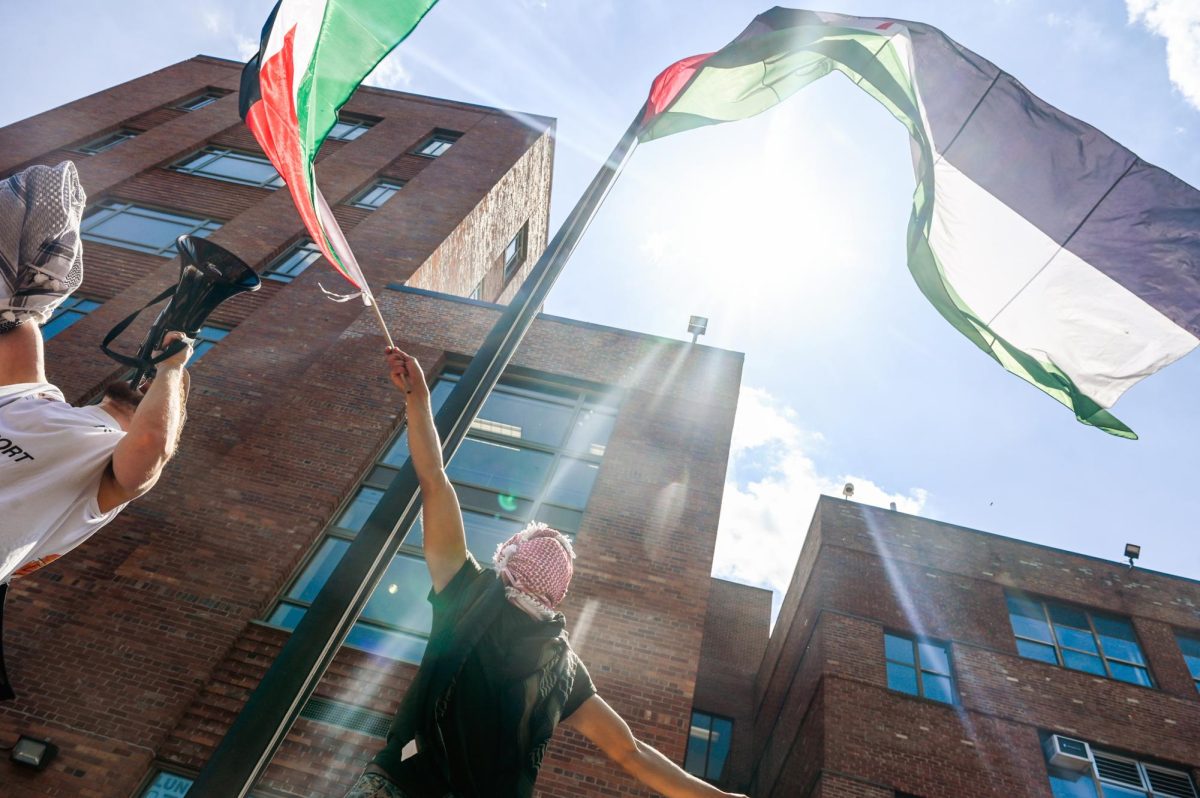D.C. Mayor Anthony Williams acknowledged that there is much more he would like to accomplish before he leaves office in January 2007 and used a town hall meeting Saturday to gauge resident input on his progress and what still needs to be done.
About 2,000 residents joined Williams and other community leaders for Citizen Summit IV at the Washington Convention Center this weekend. The event, which lasted from 9 a.m. until 4 p.m., focused on the theme “Lifting All Communities” and discussed city-wide issues such as supporting youth development, increasing employment opportunities, revamping the public library system and providing more affordable housing.
“There’s a (lot) left to do in the city,” Williams told reporters at the meeting. The mayor introduced the summit by declaring it “a great day of conversation about where we are and where we’re going.”
Vince Morris, Williams’ press secretary, said attendees included “people from all corners of the city.”
At the meeting, all the guests sat at tables of 11 people, which included one volunteer table facilitator who moderated the discussions. A short video introduced the major topics, followed by a detailed question for tables to think about, and then a citizen from each table recorded notes on a laptop and sent them to a volunteer team.
The groups also listed positive and negative things that have occurred during Williams’ time as mayor. The positives included the improvement of basic government services, commercial and residential development and city safety, while negative points brought up by the crowd included a lack of affordable housing, the poor quality of public schools, homelessness and crime.
Williams agreed with the listed downfalls of the city and said “we need to create a real legacy” by focusing on modernizing schools – something the District has had a problem with for decades. He also acknowledged the social stratification among residents, calling it a “deep divide in the city.” About 32 percent of D.C. residents have annual household incomes of less than $25,000.
“Too many residents still live in poverty . too many of our schools are in poor condition,” Williams said.
Residents also spoke their minds at the summit, particularly in suggesting where the Williams’ administration should focus its next moves.
“The real critical situation is our schools have not improved,” resident Carol Shapiro said at the event. “They are not adequately preparing our children for adulthood.”
Resident Gigi Ransom said she thinks the D.C. City Council should provide more support to Advisory Neighborhood Commissions, local groups across the District that provide zoning recommendations to the city, for more local involvement.
Citizen Summits take place once every two years and were started by Williams in 1999, the year he first took office. There were 3,000 registered participants for this year’s event, yet there were many empty tables, and previous Summit attendees said this one was less well attended.
“I think it’s important to have the summit available for people to come,” Williams said in response to the turnout. “I’m still very, very happy with the attendance.”
Aretha Ferrell-Brown, director of Neighborhood Action, an initiative launched by Williams in 1999 to allow District residents to have a voice in government action, said the summits are an excellent way for the Williams administration to know where it should set its priorities.
“There’s a history of summits having a strong impact on what the government does,” she said.
Carol Lukensmeyer, president and CEO of AmericaSpeaks – the organization running the event – said people attended the summit from Philadelphia, Chicago, and even other countries to see the program’s format and decide if it’s right for their cities.
She said, “This kind of process is recognized around the country and is starting to be implemented.”






